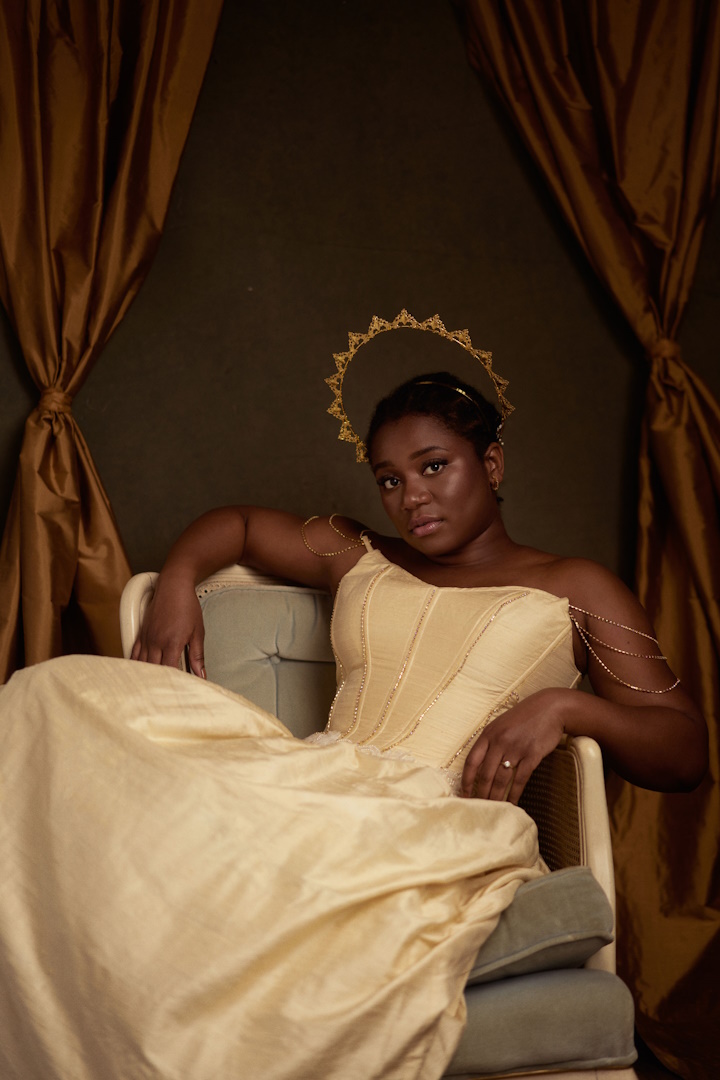Reality Reimagined: Escapist Fantasies Are Political
“Let’s make a fantasy world,” I tell a classroom full of middle schoolers. I’ve been invited to teach a fantasy world-building class. “Name a person, place, or thing. Anything! Go.”
“Frogs,” a kid blurts out.

“Let’s make a fantasy world,” I tell a classroom full of middle schoolers. I’ve been invited to teach a fantasy world-building class. “Name a person, place, or thing. Anything! Go.”
“Frogs,” a kid blurts out.
“Great!” I say. “You’ve just named what the people of this fantasy realm value most of all. They love frogs. Their money is stamped with frogs. Their sacred temples are covered in froggy statues. Why do they value frogs?”
“Maybe the frog slime is magic,” suggests another kid. “It cures every disease!”
“Very cool. So who’s in charge of this fantasyland?”
“A king and queen,” a student pipes up.
At this point, the kids are most giggly and vocal, yelling suggestions about frog princes and lizardy wizards. Then I ask a question that silences the class.
“Why are they ruled by a king and queen?”
Dazed, confused looks cover the room. Because I’ve asked a question rarely posed by their source material of Eurocentric fairy tales: why would a vast group of people choose to be ruled by a tiny, privileged minority pre-selected by birth?
At this point, the world-building session goes in a few predictable directions.
One kid scrambles to turn the monarchy into an ethno-meritocracy, in which the royal family is genetically superior to the rest of the population. (“The king and queen have special powers! Without the royal family making it rain, all the frogs would die.”)
Another kid justifies the royal bloodline with an appeal to celestial authority, Narnia-style. (“An old prophecy said that this family has to rule, or else something bad will happen.”)
Most rarely, a student offers the most realistic reason: the royal bloodline has exclusive access to a valued resource and maintains control of that access by force. (“The healing frogs can only be born in a special swamp, and the royal family has owned and guarded that swamp for generations.”)
I do not sway the class toward one solution or another — it is their world to create. But when they choose their world’s power structure, I can predict who their protagonist will be.
If students justify their monarchy through inherent genetic superiority or celestial entitlement, their hero will be a member of that superior group (perhaps a “secret heir to the throne”) or challenge the group with their own genetic superiority (“the hero has secret frog superpowers”). Alternatively, their hero will be a powerless person who gains access to the superior group, becoming powerful by proxy (“the scrappy commoner protagonist wins the heart of the prince”).
If students build their monarchy on brute resource access, the hero will challenge that power in some way, usually by becoming a more virtuous version of it (“the noble protagonist defeats the greedy king and is crowned as the people’s new ruler”).
There’s another option here that rarely occurs to the students: what if the hero dismantles the monarchy altogether, replacing it with a more equitable system?
To many people, this last option dips the story into preachy “political” territory, whereas the previous options are comfortable escapist fantasies. And to many, the point of fantasy is escape.
But the truth is, the comfort one derives from any fantasy is deeply political. Because when a story about power comforts us, it reveals what we wish were true of the real world.
To some, the most comforting fantasy world they can imagine is one in which severe power inequality still exists, but those who are on top deserve to be there.
To be clear, I don’t think it’s wrong to enjoy fantasies in that vein. But the degree to which such fantasies comfort us relies entirely on our beliefs about power in the real world. If sharing in the power of those on top appeals to us more than distributing power to as many people as possible, the fantasies to which we escape will reflect that.
In Redemptor, the second book of my Raybearer series, the dedication reads: “For young revolutionaries, who have chosen the loneliest job in the world.” I hope for a future in which classrooms of children fantasize about equitable worlds. In which the realms we escape to demand happiness for the many, instead of letting us reign with the few.
From the May/June 2025 special issue of The Horn Book Magazine: Perception and Reality. Find more in the "Reality Reimagined" series here.
 Single copies of this special issue are available for $15.00 including postage and may be ordered from:
Single copies of this special issue are available for $15.00 including postage and may be ordered from:
Horn Book Magazine Customer Service
magazinesupport@mediasourceinc.com
Full subscription information is here.

RELATED
ALREADY A SUBSCRIBER? LOG IN
We are currently offering this content for free. Sign up now to activate your personal profile, where you can save articles for future viewing.







Add Comment :-
Be the first reader to comment.
Comment Policy:
Comment should not be empty !!!